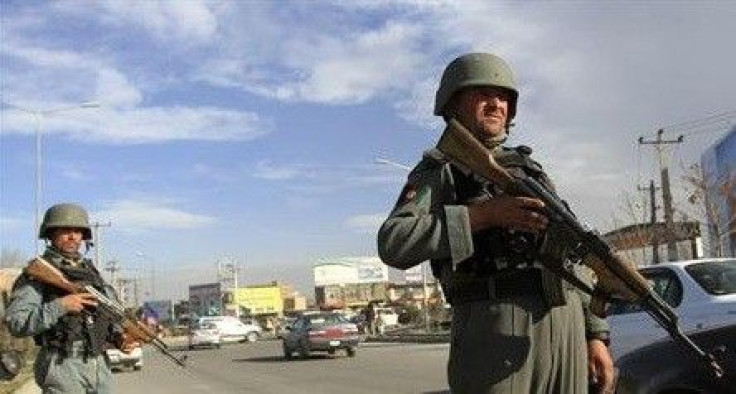Afghanistan Demands $4.1 Billion A Year; Plans To Sell Islamic Bonds

Afghanistan, bracing for a potential sharp decline in financial support from the West amid fears of a fresh military offensive by the Taliban insurgents, has demanded $4.1 billion a year for its security forces after foreign troops pull out from the country in 2014.
While insisting that this amount is not charity, the Afghan government said the war against Islamist Taliban is essentially an international war.
This is not charity, Afghanistan is and will be on the frontline of the world's fight against terrorism, Afghan Deputy Foreign Minister Jawed Ludin was quoted as saying by the Agence France Presse, ahead of NATO summit starting Sunday.
We Afghans will be making sacrifices for years to come in what is essentially an international war.
In a bid to raise capital and develop financial markets in Afghanistan, the government may also seek to sell short-term Islamic bonds known as sukuk, as an alternative to fund projects, a Reuters report said. The proposal, still in its planning stage, is expected initially to be issued in the Afghani currency and will be offered to local banks within the next year. The bonds could gradually be expanded to medium- and long-term bonds.
The purpose is so that the ministry of finance can have tools for their financing to cover their expenses, Khan Afzal Hadawal, first deputy governor at the Afghan central bank, told Reuters in an interview.
We have to develop the financial markets of Afghanistan. We have to offer those instruments not only for the banks, (but) so that the government has an alternative to finance their projects and the central bank can control money growth.
World Bank estimates show that Afghanistan may need about $7.8 billion a year in foreign funding to aid its security forces. The US government has been pressing its NATO allies to contribute around one third of Afghanistan's demand of $4 billion after 2014. If the Obama administration fails to raise funds from its reluctant allies, the Afghan government will be forced to reduce security spending, which may lead to losing control of the already turbulent region.
The US, which has 88,000 troops in Afghanistan, spends nearly $10 billion a month on the war against Taliban.
The Afghan foreign minister has promised the upkeep of democracy and human rights and support of the international community in the fight against terrorism, in return for the funding.
As long as terrorism remains a threat to our security and the security of the international community, Afghan people will be making sacrifices on behalf of the world, Ludin said.
Those sacrifices will have to be respected and the world has to really recognize that any contributions will be part of this equal partnership - an investment rather than an act of charity, he said.
The Afghan government is expected to contribute $500 million of the $4.1 billion from its own resources. The US is expected to offer $2 billion, while the rest is expected to be covered by the European allies.
The security pact signed recently by Obama and Afghan President Hamid Karzai, which defines America's future role in Afghanistan, promises to seek annual funding from the Congress for the training of Afghan troops, but fails to specify an estimated figure for the funding amid concerns in the Congress about the quality of these forces.
It also fails to provide a confirmation on whether the US would continue its military presence in Afghanistan, with a smaller set of troops after the military withdrawal in 2014.
About 23,000 of the 88,000 US troops in Afghan bases are expected to withdraw by summer, while all the US and NATO combat troops would be out by the end of 2014.
© Copyright IBTimes 2024. All rights reserved.












